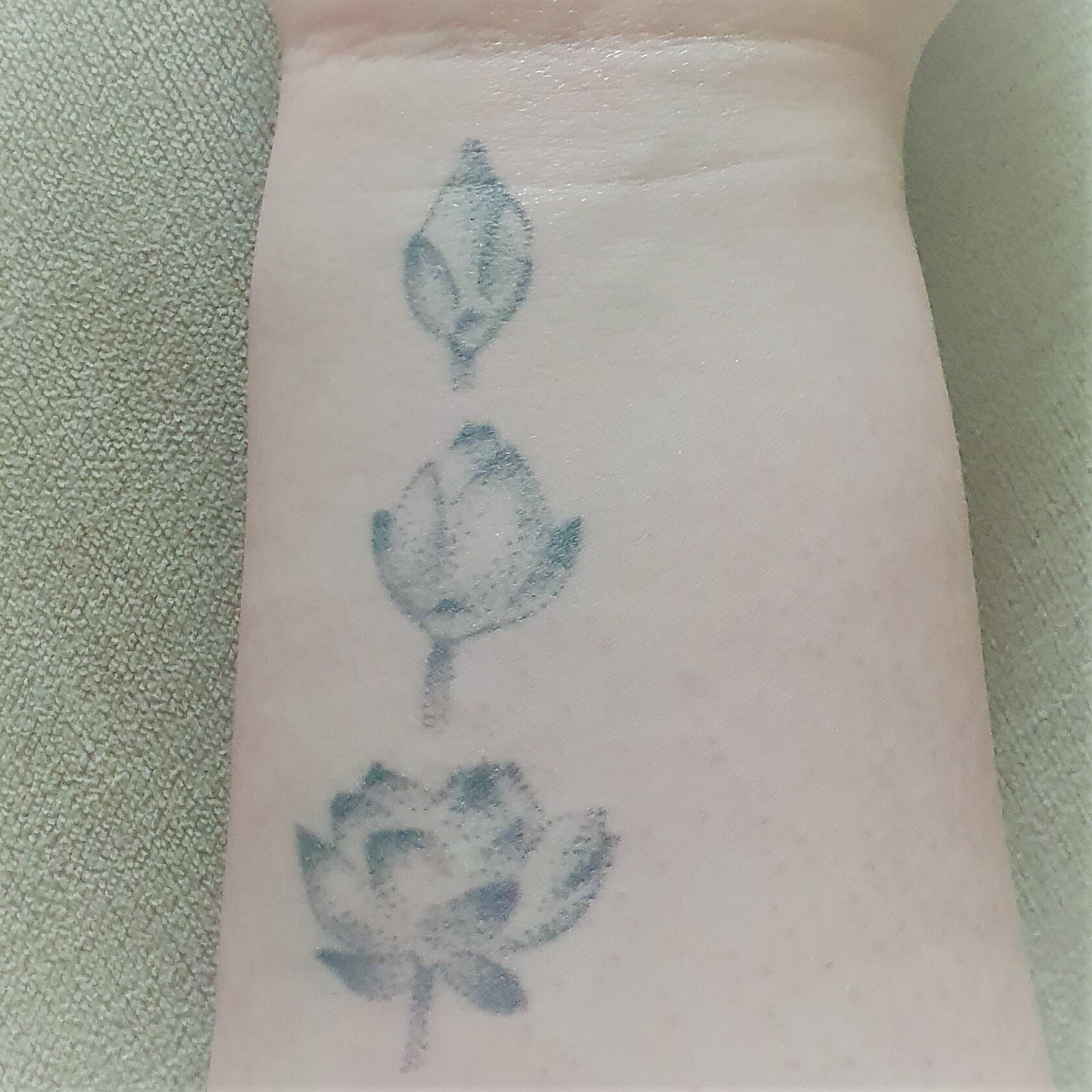What is Mindfulness? (Mindfulness Resources)
Mindfulness seems to be the current ‘cure-all’ when it comes to mental health. Feeling stressed? Mindfulness! Feeling down? Mindfulness! Anxiety through the roof? Mindfulness! Burnt your dinner? Mindfulness! Next-door neighbour is an axe-murderer? Mindfulness!!!
Doctors recommend it, healthcare facilities recommend it and every mental health advocate is preaching about mindfulness and how it can better your mind, body and soul.
But what exactly is mindfulness? What can it actually do? Are the benefits true?
What is Mindfulness?
Mindfulness can be defined as knowing directly what is going on both inside and outside of ourselves, in each and every moment. Now, when I read that, it didn’t tell me very much.
Breaking it down into plain English, Mindfulness is an act that promotes you to look at your thoughts, feelings, bodily functions (like pain and discomfort) as well as our environment (not just objects, but colours, textures, sounds and smells.) It’s essentially the act of observing what we fail to observe when our lives get in the way. Mindfulness is something everyone has, we just don’t necessarily utilise it as much as we should.
How Can it Help?
Mindfulness essentially makes us more self-aware as well as more aware of our surroundings. It allows us to be more present (which, if you’re like me and worry about the future and/or get hung up on the past, is extremely beneficial) and thus, allows us to enjoy experiences and moments more.
In terms of mental health and mental illness, it can help the following:
Anxiety - Mindfulness allows us to direct and focus our attention. Anxiety makes us dwell on fear and risks, what may or may not happen. Mindfulness helps anxiety through allowing you to learn how to focus and gain control of your attention, leaving less room for worrying and fretting. There are many mindfulness techniques that can be used as a daily practice to cope with anxiety, as well as the general practices of mindfulness that can help reduce anxiety in the long-term.
Depression - One of the big traits with depression is negative thinking, particularly towards yourself and your future. As mindfulness encourages people to be more aware of their thought patterns, it can train you to observe the thoughts rather than becoming engulfed by them. Before mindfulness, you might think, “I’m so worthless,” whereas through using the techniques learned through mindfulness, you may look at your thoughts differently and think afterwards, “there it is again, those thoughts of being worthless.” It helps you become more detached from negative thoughts, and softens their impact. There is a lot of research out there stating that mindfulness can lower the chances of a relapse in depression.
Where Can I Learn More About Mindfulness?
Mindfulness takes many shapes and forms, comes in various different exercises and practices.
Calm (App)
Calm is a Mindfulness App available on Android and IOS systems.
They have categories including sleep, meditate, music, body and scenes. There is a free trial, at the end of which you can choose to pay a fee to have full access to their library, or cancel your membership but retain the ability to access their free items in the library.
Headspace (App)
Headspace is another Mindfulness App, again, available on both Android and IOS systems.
It offers meditation sessions on anxiety, grief, productivity, relationships and personal growth (to name a few.) It is a free trial app, and once this trial has ended, the free version is very limited, but it’s another great starting point for getting into mindfulness.
Mindfulness Pocketbook (Mini Book)
This little book costs £2.50 from Amazon, which is an absolute steal for something that can fit in your back pocket! This is the book that features in the image on the article, which give you the techniques found in most mindfulness courses and exercises. It doesn’t just tell you the techniques however, as it gives you examples to show you how to put those techniques into practice in your daily life.
22 Mindfulness Exercises (Website with Free Exercises/Activities)
Positive Psychology has some great exercises available for free on their website, including more straight-forward exercises such as ‘Mindfulness Eating’ to PDFs on things such as ‘The Self-Compassion Pause’.
Does it Always Work for Everyone?
Like medication, psychological therapy and other self-help therapies; it’s not a ‘one-size-fits-all’ treatment for mental illness. Nor is it always beneficial for everyone’s mental health. Mindfulness can be too overwhelming for some people, making them hyper-aware of their surroundings and their minds. It may trigger anxiety rather than reducing it.
I’d advise everyone to give mindfulness a try, because there’s nothing to really to lose! However, it is not an alternative solution to therapy or medication, it is simply a self-help strategy and shouldn’t be seen as a full-bodied treatment. Don’t be disheartened if it doesn’t work for you, there are plenty of other techniques, activities and help out there to fit your needs.
Until next time, stay happy, stay healthy and stay positive. And remember, someone out there cares about you, so if you need help or feel like chatting, reach out.
Beth






